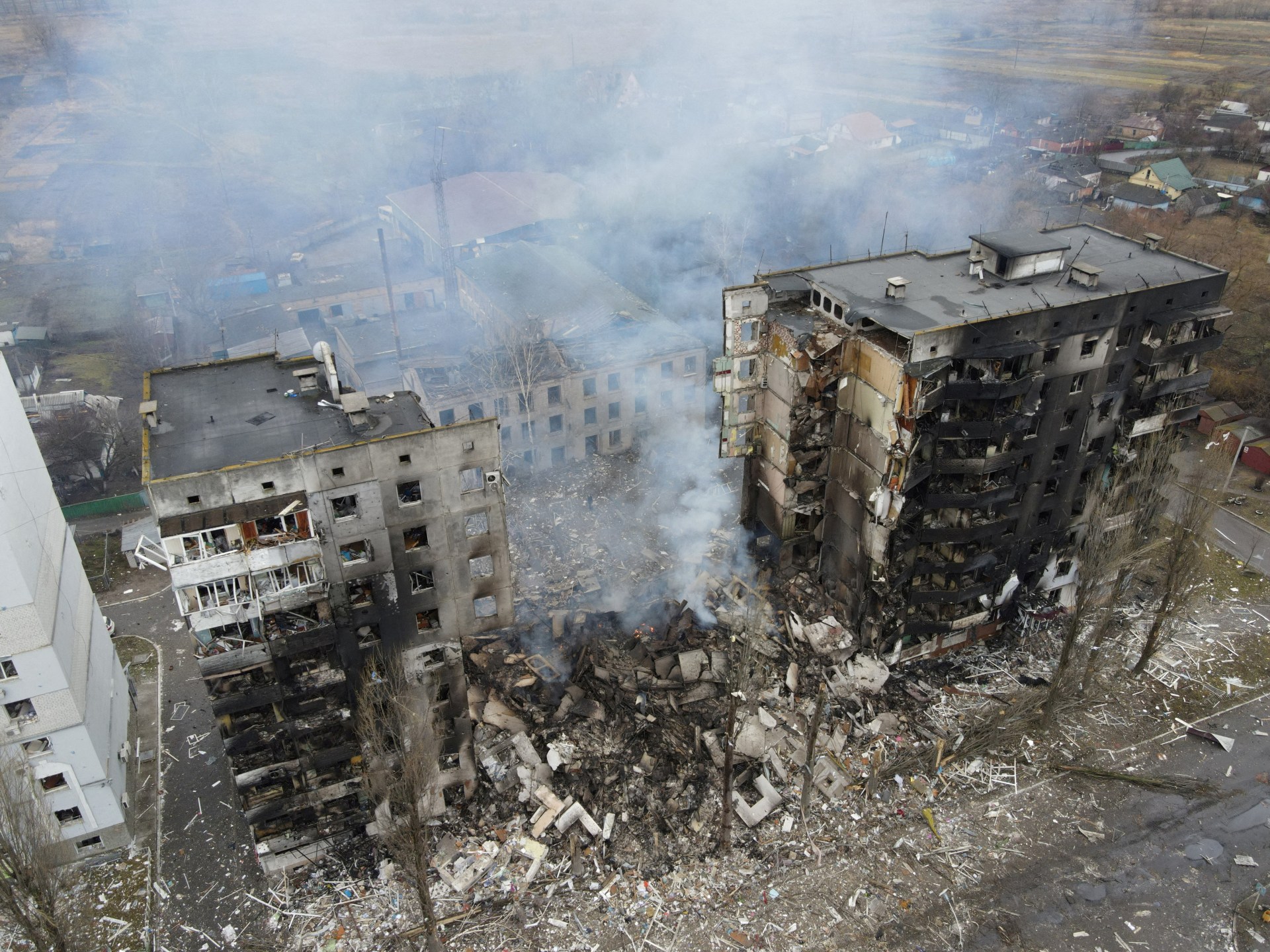The use of explosive weapons in urban areas must stop
For almost two weeks now, vicious fighting has been going on in Sudan. Both sides of the conflict, the Sudanese army and the paramilitary Rapid Support Forces, have resorted to shelling in densely populated areas, while truces that should have allowed civilians to evacuate have not held so far. Explosive weapons have hit homes, civilian buildings, such as hospitals, and vital infrastructure; fighting has killed at least 427 civilians and wounded 3,700.
Watching the chaotic scenes in Khartoum on TV, I am reminded of the terror I experienced being under bombardment myself during the war in Syria. Years after fleeing Aleppo, I can still hear the roar of explosions that shook the walls of my apartment and sent shockwaves through my body. As the sound of the bombing grew louder and louder, I would turn the volume on the television higher and higher.
Reliant on a wheelchair, and living on the fifth floor of a building with no lift, I knew I wouldn’t be able to escape the bombing and shelling that pulverised my childhood city, reducing parts of it to piles of rubble.
If we are being honest, nobody thinks about people like me: people who do not have a place to hide, who have no means to protect themselves or escape a situation that endangers their lives.
Despite the devastating consequences for civilians in densely populated areas, explosive weapons remain the weapons of choice in today’s conflicts, whether in Sudan, Syria, Ukraine, or elsewhere.
This is made startlingly clear in a new report by the Explosive Weapons Monitor, which reveals an 83 percent surge in the number of civilians killed or injured by bombing or shelling in urban areas globally in 2022. This staggering toll was largely driven by the increased use of explosive weapons by Russian forces in Ukraine and an escalation of incidents in Ethiopia, Myanmar and Somalia.
In the first three months of 2023, there have already been at least 4,237 civilian casualties as a result of explosive weapons being used in populated areas.
Much more needs to be done to protect civilians from the horror of these weapons. Too often, towns, cities and other populated areas are at the centre of fighting with explosive weapons, such as artillery, mortars, aerial bombs and rockets, causing devastating effects.
These weapons kill, maim and terrify with a frightening ferocity. Designed for use in open battlefields, they are inaccurate and sometimes deployed recklessly, causing damage well beyond their intended target. They destroy schools, hospitals, water supplies, power lines and other vital infrastructure that people need to survive.
In a blatant disregard for civilians’ lives, some armies and combatants set up their bases near civilians or purposefully try to bomb or shell populations into submission.
This persistent pattern of harm is detailed in the Explosive Weapons Monitor’s report, which also documents the use of explosive weapons in populated areas in Ukraine, Ethiopia, Myanmar, Somalia, the occupied Palestinian territories and elsewhere.
In 2022 alone, the number of incidents in which hospitals, ambulances and health workers were bombed or shelled globally almost quadrupled to 603, while incidents targeting schools and teachers rose to 168.
I know from my own experience the devastating effects that the use of explosive weapons in urban areas can have. The destruction of schools, hospitals, water installations and other civilian buildings makes cities completely unliveable.
We have a chance to stop the suffering of civilians now.
States must endorse the Political Declaration on the Use of Explosive Weapons in Populated Areas, which formally acknowledges that the use of bombs in towns and cities has unbearable consequences for civilians.
I was pleased to witness 83 countries sign this ground-breaking agreement in Dublin last year, which commits governments and militaries to adopt policies and rules of engagement that better protect civilians from the explosive weapons in populated areas. Now they must urgently act to implement this agreement, to save lives of civilians in armed conflicts around the world.
And we need more countries to step up and join the declaration. The success of campaigns to ban landmines and cluster munitions show us what is possible when the world stands shoulder-to-shoulder with people like me.
The views expressed in this article are the author’s own and do not necessarily reflect Al Jazeera’s editorial stance.




